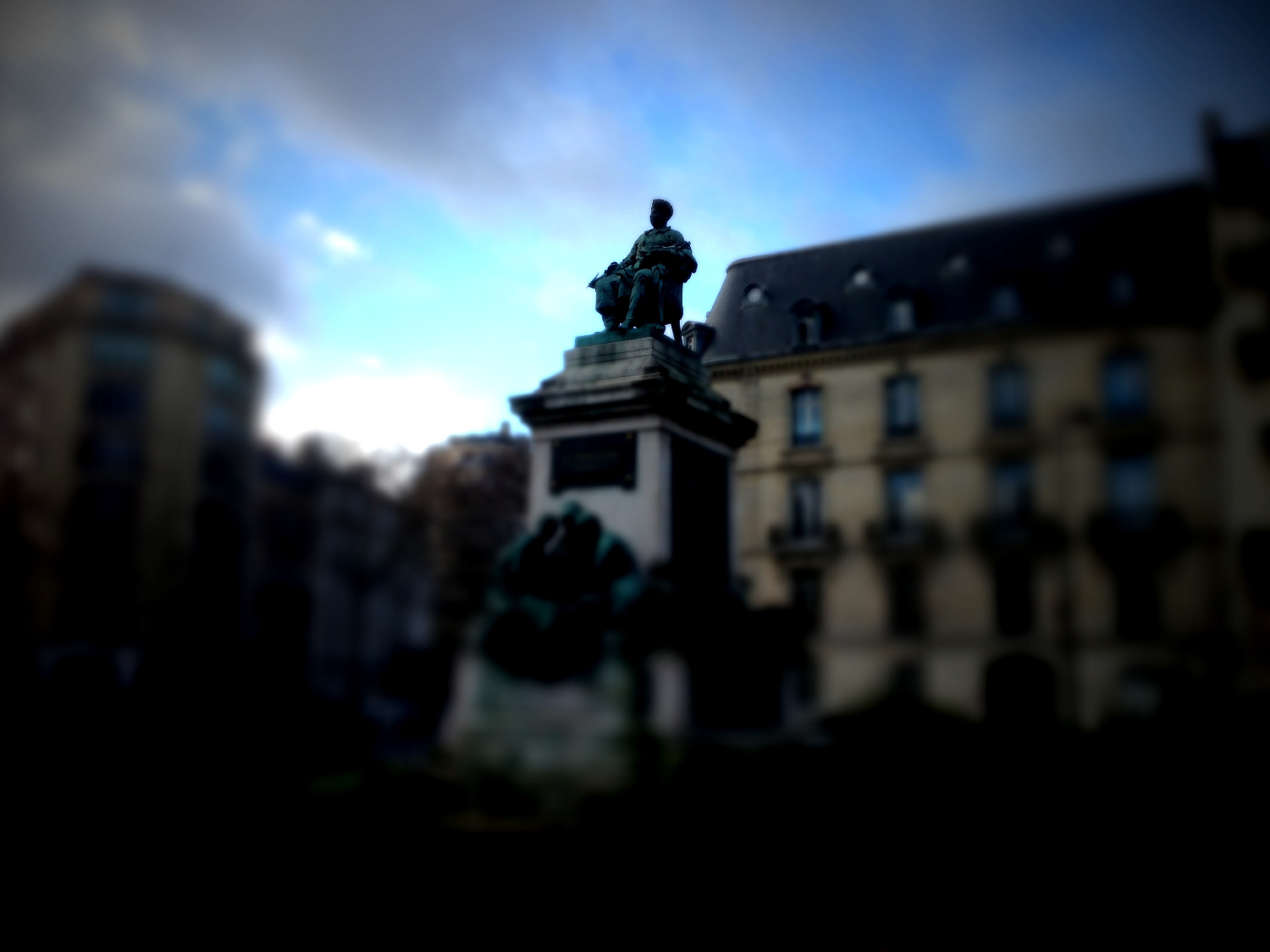African Americans in Paris
/When African American artists and intellectuals relocated or traveled to France, they seized the chance to be successful without the stigma of race attached to black identity. Historian Tyler Stoval suggests that France gave African Americans the opportunity to construct themselves outside black and white dialectic, but not for the reasons that African Americans believed (the French weren’t caught in the black and white dialectic).
Stoval believes that African Americans “benefited” from France fascination with American blackness. In France, while African Americans weren’t demonized for their black skin, they were exoticized and romanticized as the racialized American Other. Stovall writes,
In many ways, African Americans came to France as a sort of privileged minority, a kind of model minority, if you will - a group that benefited not only from French fascination with blackness, but a French fascination about Americanness.
Although African Americans saw France as a refuge from racism and oppression in America, they were still the racialized Other. Stoval offers up for debate the reason the French celebrated American blackness. Studying early African Americans’ attempts to redefine themselves and their culture for an international audience provides an opportunity to examine the challenges and advantages of examining African American intellectual life and creative expressions in a multimedia environment.
Our course will examine the artistic productions of selected African American intellectuals and artists in the late 19th century and throughout the 20th century in Paris. Using an exhibit that WEB Du Bois constructed for 1900 Universal Exposition of Paris as a touchstone, we will explore his attempt to represent African Americans as modern members of the Western world. Du Bois used hundreds of photographs to construct narratives about African American experiences in America and revealed a side of Black American life that very few Parisians were aware existed. Parisians saw a community of urbanized, educated African Americans in the South … only 35 years after the abolition of slavery. Besides showing the development of African Americans as a nation within a nation after Emancipation, Reconstruction, and the failure of Reconstruction, Dubois created an intellectual space for future generations of African American artists to relocate to Paris to research and write about life in America and Abroad.
A very cool addition to this course is AFAS 499 - Walking the Spirit Augmentation
This one credit course offers students the unique opportunity to travel to Paris, France for one week during the Thanksgiving Break to work on and implement an Augmented Reality Project with an African American tour company, Walking the Spirit Tours.
Augmented Reality is a technology which enables users to augment the real world with additional information. For instance, when looking through the viewfinder of a mobile device, supplemental information such as short video clips, images, audio or interactive elements are overlaid on top of the real-world view. This additional information provides the user with more information about that which he or she is viewing.
Our project will augment 10 important points of interest along the tour route as directed by the owner of Walking the Spirit Tours. During the early part of the Fall Term, students signing up for this course will meet with Dr. Carter to learn about these points of interest and begin planning what types of augments would be most appropriate on which to begin working. During the trip to Paris, those augments will be implemented through geo-tagging or attaching them to specific locations along the route so that they can only be viewed at those designated locations.
Students will also create a Blog/Video based journal to document their daily and overall experiences while in the City of Light. Students should have a Smart Mobile Device of some sort, smart phone or Tablet, with WiFi capability. Students are also encouraged to bring their laptop computers along with them for the trip to Paris. There will be approximately 6-8 meetings with students enrolled in this class prior to departing for France. Dates and times will be announced.
Click Here to check out some Student Blogs from the first trip to Paris:
